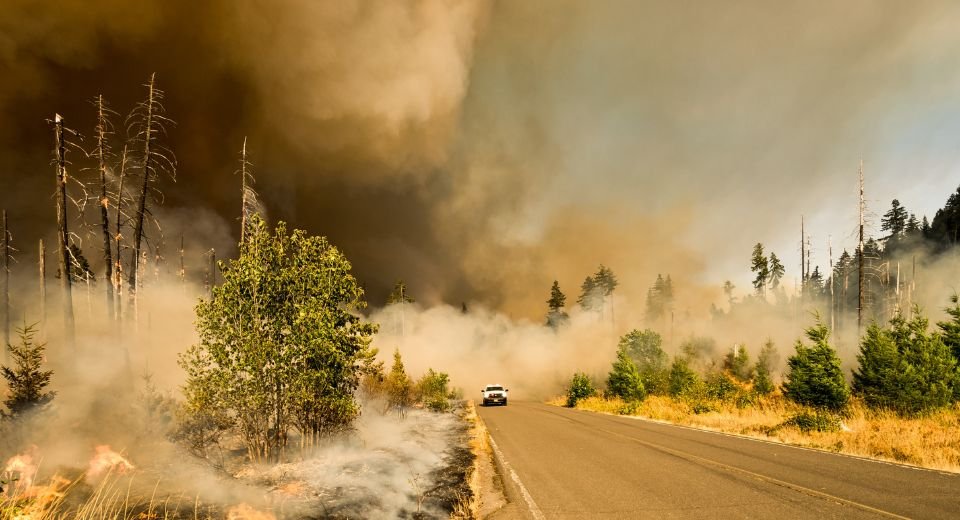HQ Team
May 24, 2023: A recent study published in the peer-reviewed journal Science Advances has revealed the far-reaching consequences of Australia’s catastrophic wildfires that occurred during 2019-20. The research suggests that these massive blazes devastated local ecosystems and had significant implications across the globe, including intensified droughts, famine in Africa, and the fueling of Atlantic hurricanes.
The study was conducted by a global research team led by atmospheric scientist John Fasullo from the US National Science Foundation. The research highlights how the Australian wildfires contributed to a rare three-year La Niña event from late 2019 through 2022. The smoke emitted by the fires contributed to ocean cooling thousands of miles away, ultimately affecting global weather systems.
While the world’s attention shifted to the COVID-19 pandemic, the Earth’s system retained the memory of the Australian fires, causing impacts that persisted for years.
“Many people quickly forgot about the Australian fires, especially as the COVID pandemic exploded, but the Earth system has a long memory, and the impacts of the fires lingered for years,” said NCAR scientist John Fasullo, lead author of the study.
Australian wildfires and Atlantic hurricane
The Australian wildfires burned more than 60,000 square miles of land, and claimed numerous human lives and an estimated one billion animals. The massive spread of the fires followed a period of extreme drought and record-breaking temperatures in the region.
The study demonstrates that the Australian wildfires triggered a prolonged La Niña episode, characterized by the cooling of the Earth’s surface due to the substantial amount of smoke in the atmosphere. This resulted in severe consequences for various parts of the world.
Intensified droughts and famine in Africa
Africa experienced one of its most severe droughts, endangering millions of people with the threat of starvation and causing a dramatic surge in food prices. Simultaneously, the Atlantic Ocean region faced some of the worst tropical storms recorded in 2020. The frequency of storms also increased compared to previous years affecting the ecosystem and the coastal areas.
Additional instances of the global impact of these events included devastating floods in Pakistan in 2022, claiming over 1,000 lives, as well as heavy rains in Canada and Australia.
Escalating climate pattern
The study’s authors caution that these incidents may represent just the initial manifestations of an escalating pattern. They warn that under the influence of climate change, wildfires are projected to intensify and become more frequent, thereby increasing the likelihood of more prevalent and severe La Niña episodes. Wildfires in the US and Europe are also becoming a regular occurrence. Damages in 2022 exceeded those of 2021 and are only surpassed by those of 2017, according to data from the European Forest Fire Information System (EFFIS) Advance Report on Forest Fires in Europe, Middle East and North Africa 2022. EFFIS observed fires in 45 countries in 2022.
This study underscores the urgent need for proactive climate action, as it reveals how interconnected our planet’s climate systems are. We can mitigate the devastating consequences that reverberate globally by addressing the root causes of wildfires and climate change. It is a stark reminder that the Earth’s systems possess a long memory, requiring us to prioritize sustainable practices and protect our fragile environment.




